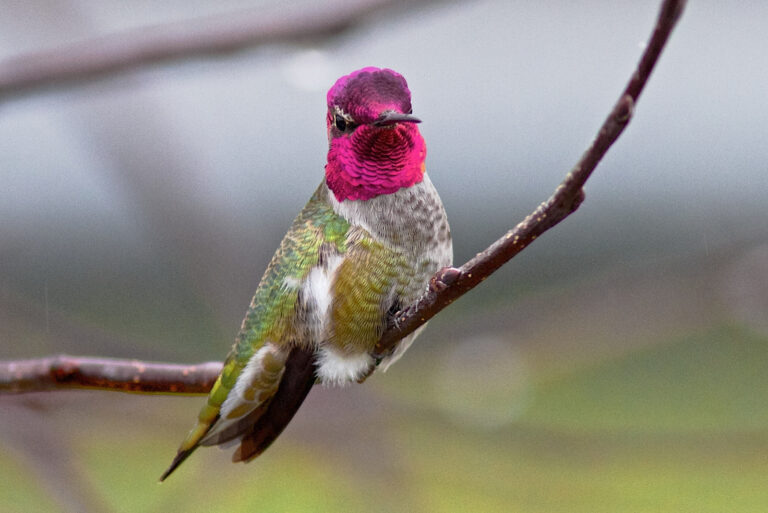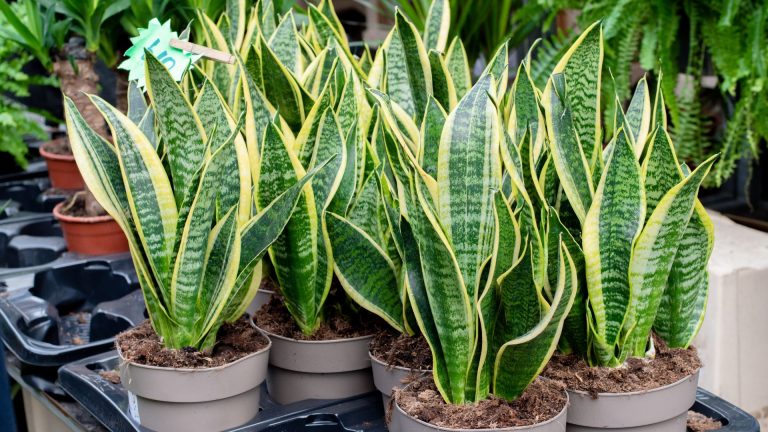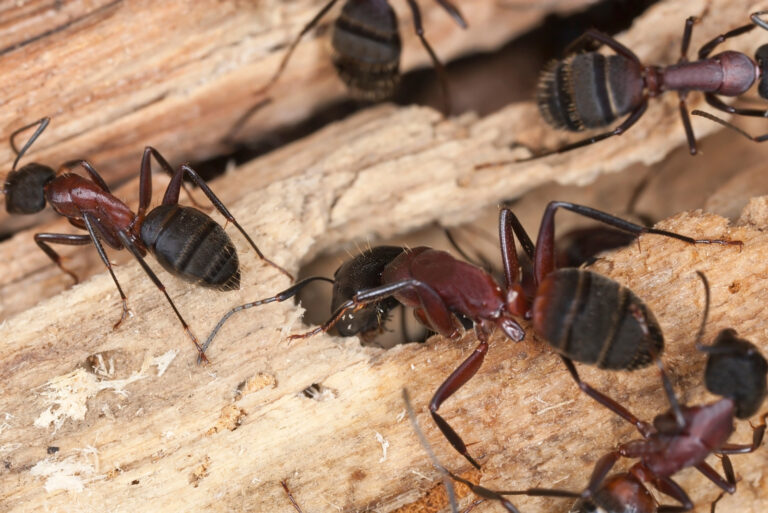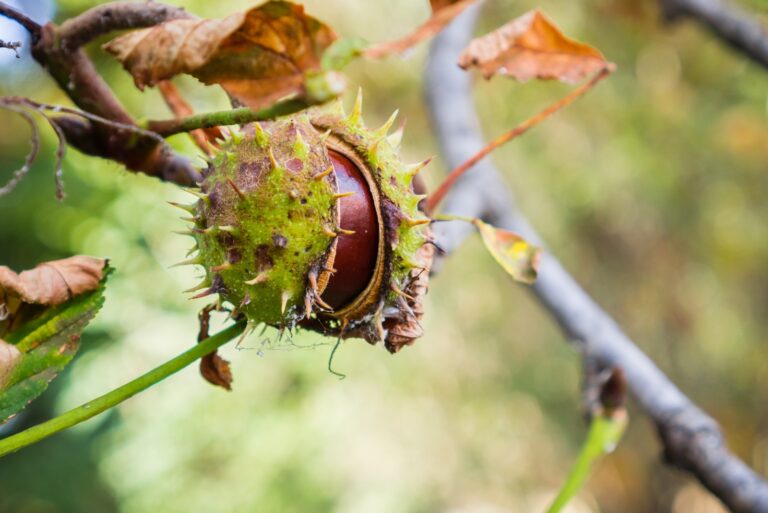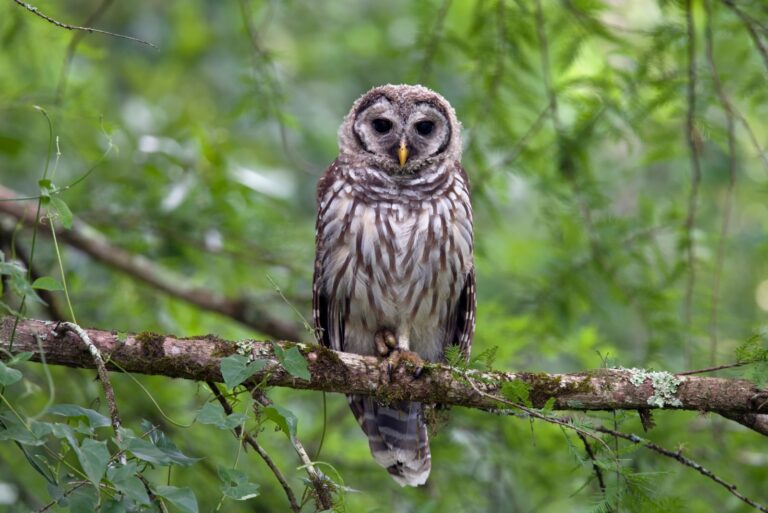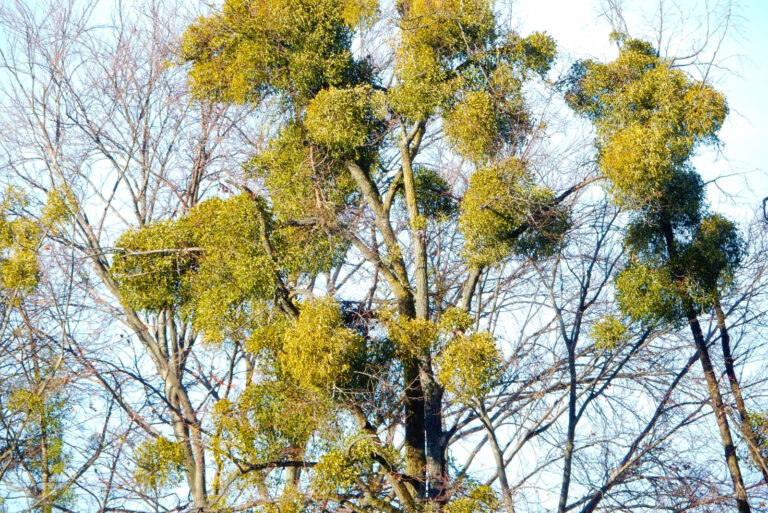8 Yard Features Georgia Neighborhoods May Soon Start Banning
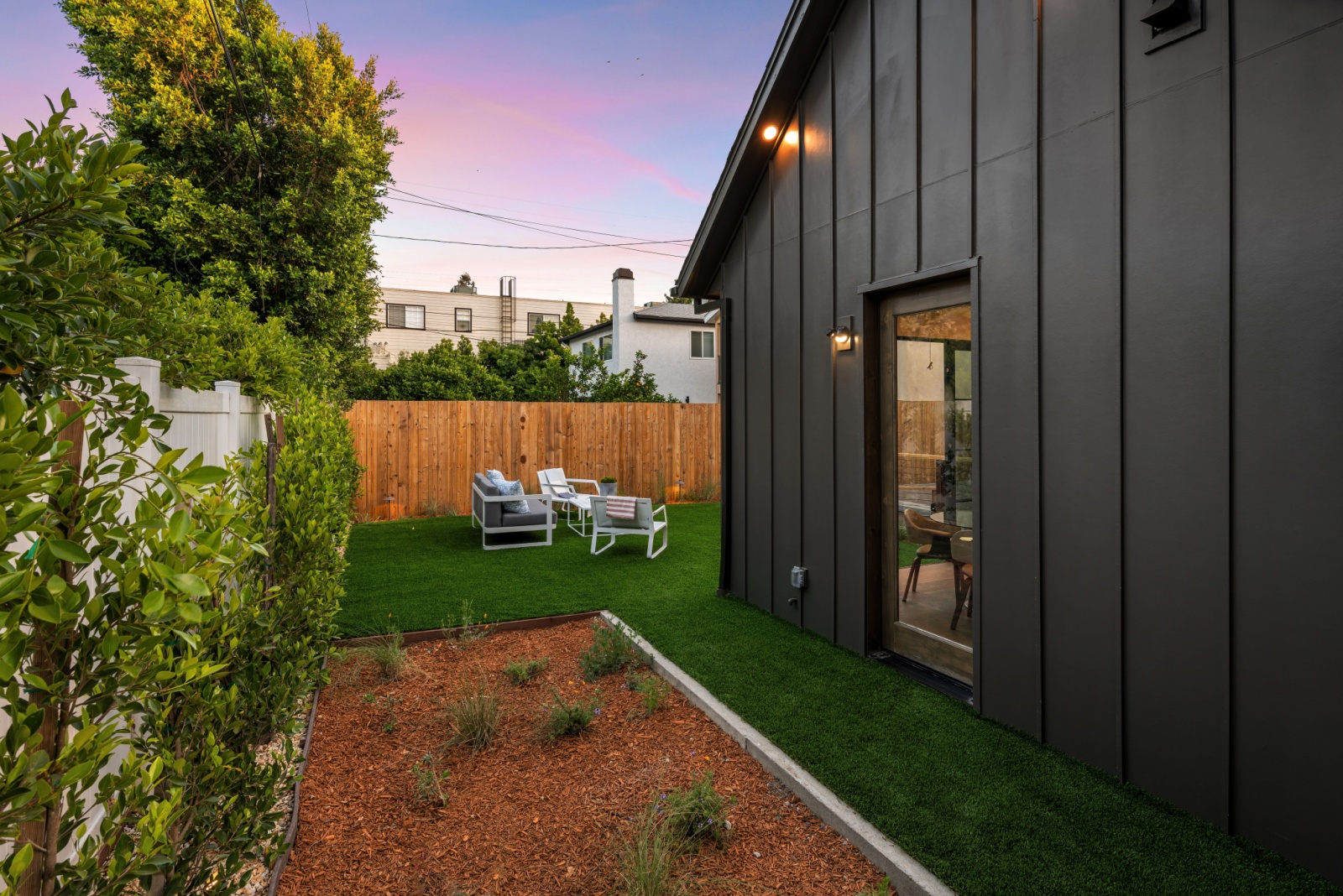
Georgia homeowners take pride in their yards, but things are starting to shift. Across the state, neighborhoods are rethinking what’s allowed in outdoor spaces. Some popular features might soon be off-limits—thanks to safety concerns, water conservation, and changing style standards.
What worked before may not fit today’s priorities. I’ve seen communities lean toward simpler, more sustainable designs that still look beautiful. Staying informed helps you make smart choices and avoid future headaches.
1. Artificial Turf And Fake Grass Lawns
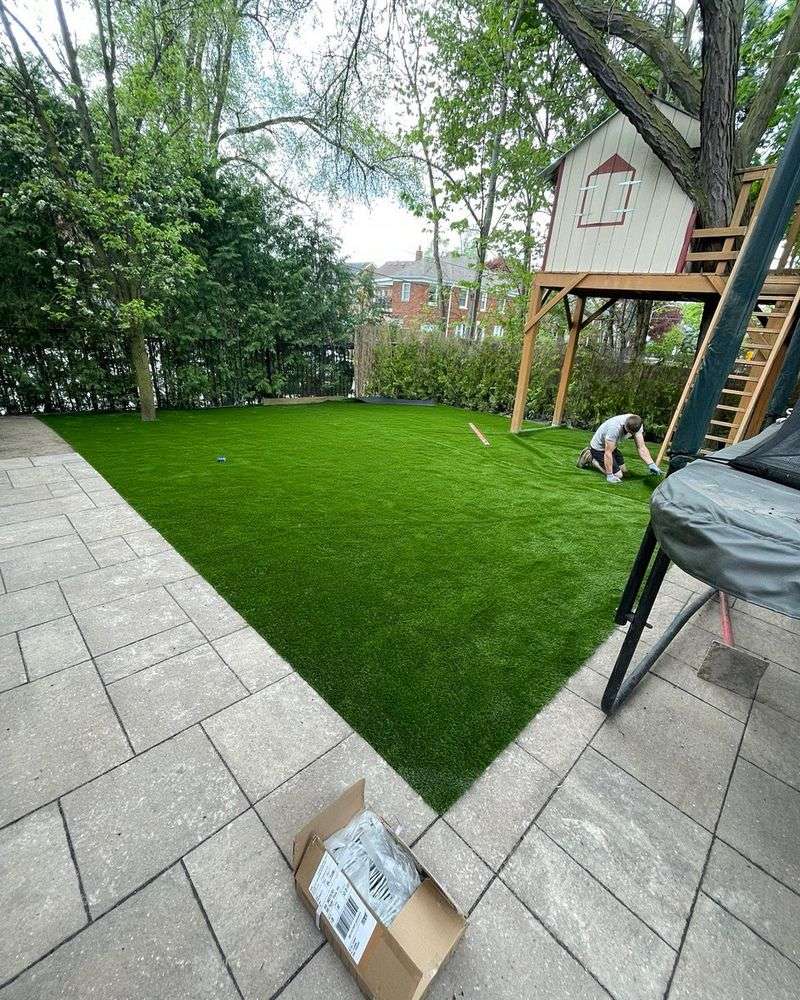
Many Georgia neighborhoods are reconsidering artificial grass installations. While fake lawns save water and reduce mowing time, they create serious heat problems during summer months. The plastic materials can reach temperatures over 150 degrees, making yards unusable for kids and pets.
Environmental concerns are also pushing communities to reconsider these installations. Microplastics from synthetic turf wash into storm drains and eventually reach Georgia’s rivers and lakes.
Some homeowner associations now prefer native plant alternatives that support local wildlife and keep yards cooler naturally.
2. Chain-Link Fencing Around Front Yards
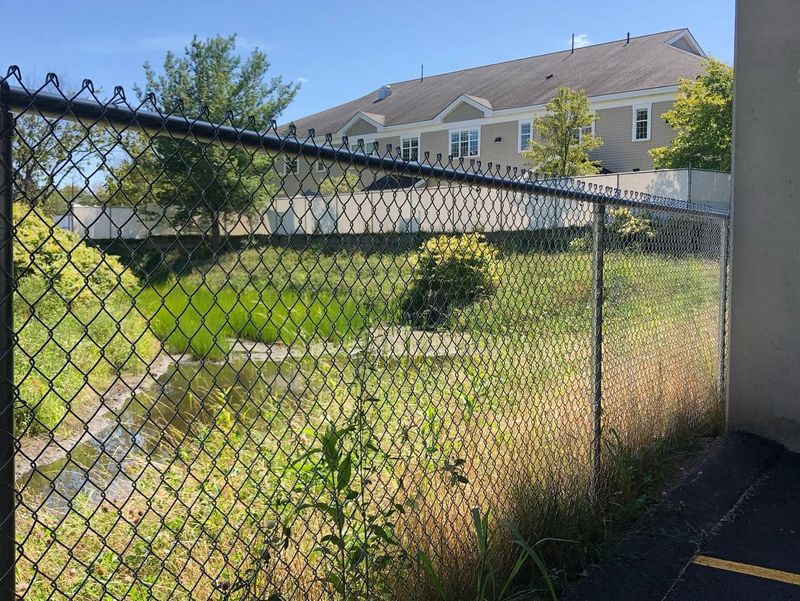
Front yard chain-link fences are losing popularity fast. Neighborhoods across Georgia want a more polished appearance, and these metal barriers often look industrial rather than residential. Homeowner associations argue they reduce property values and create an unwelcoming atmosphere for the entire street.
Privacy isn’t really achieved with see-through fencing anyway. Communities are encouraging wooden privacy fences, decorative iron options, or attractive hedges instead.
Many subdivisions now include specific fence guidelines in their covenants, and chain-link rarely makes the approved list anymore.
3. Above-Ground Swimming Pools
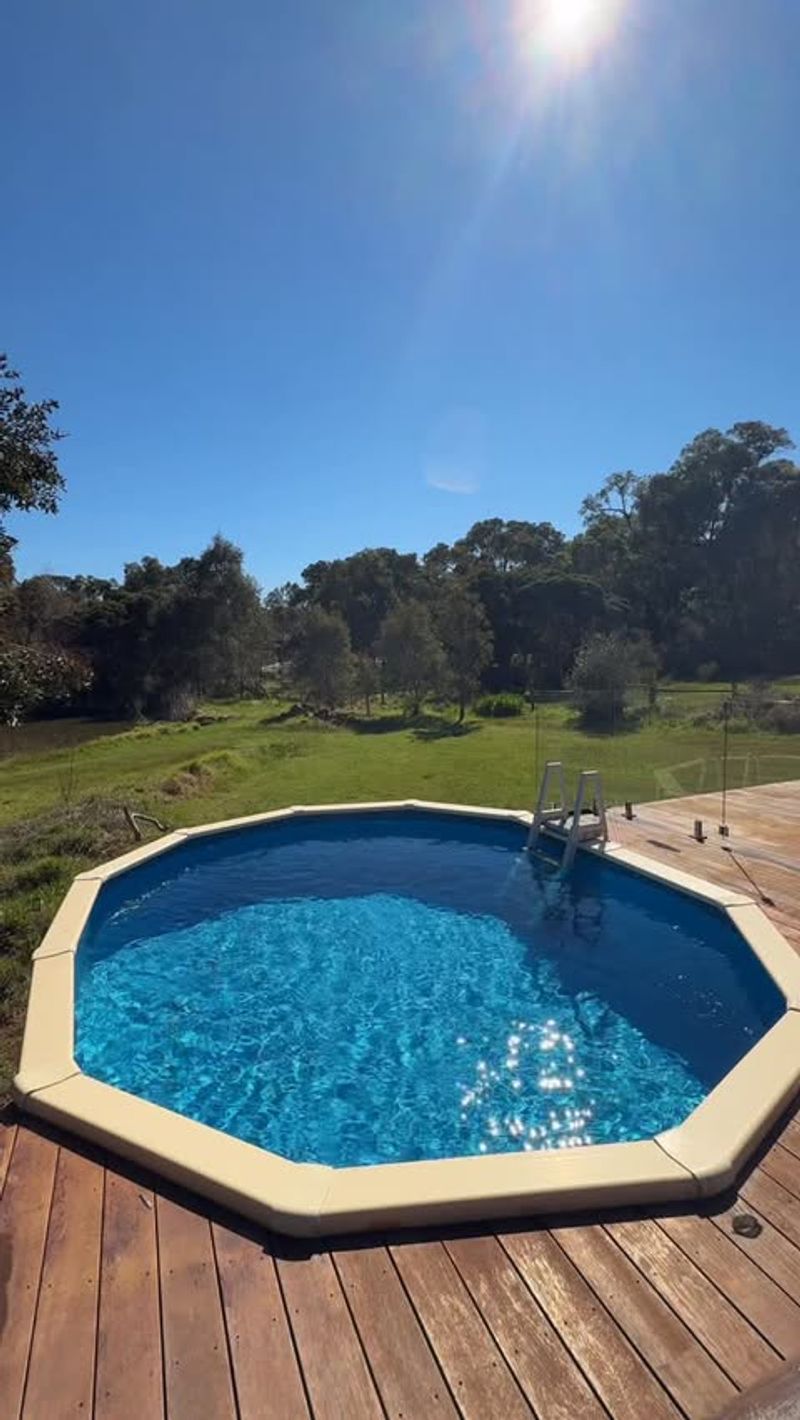
Above-ground pools are becoming targets for neighborhood restrictions. These temporary-looking structures often dominate backyards and can be visible from neighboring properties. Safety concerns about unsupervised access and potential accidents have prompted many Georgia communities to take action.
Maintenance issues frequently arise with these pools. Water chemistry problems can attract mosquitoes, and improper drainage affects nearby yards.
Several homeowner associations now require pools to be screened from view or prohibit them entirely. In-ground options with proper fencing remain the preferred alternative across most upscale Georgia neighborhoods.
4. Recreational Vehicles Parked In Driveways
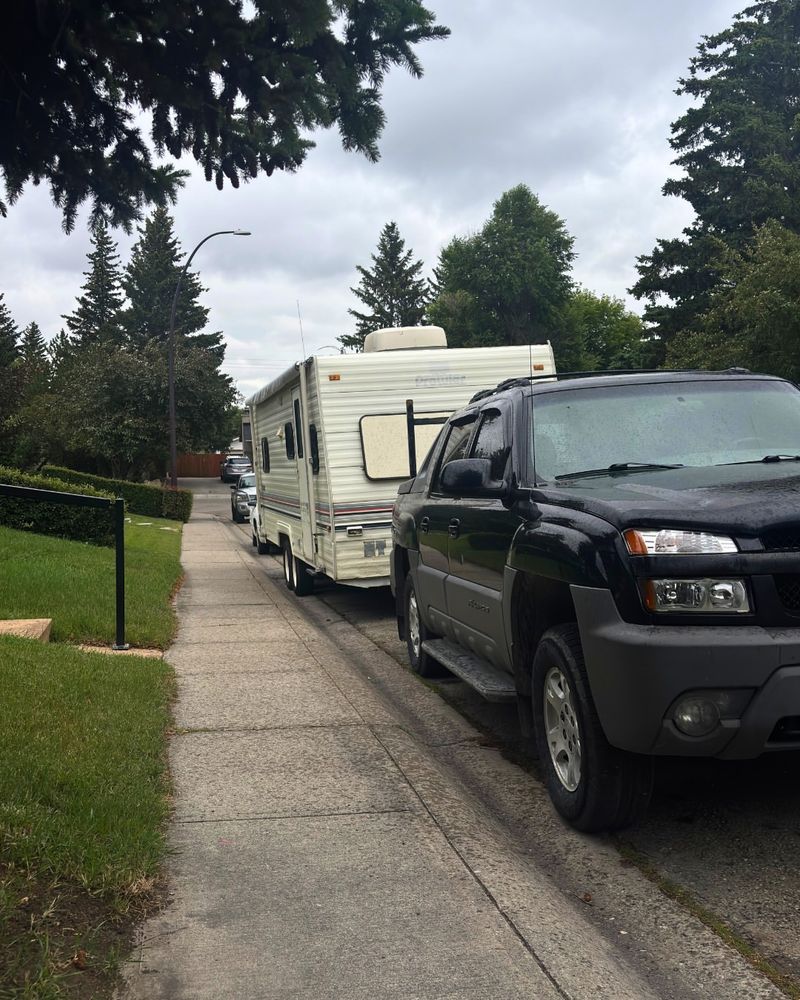
RVs sitting in driveways are causing neighborhood debates. While convenient for owners, these large vehicles block sightlines and make streets feel crowded. Georgia communities worry about the visual impact on property values and overall neighborhood aesthetics.
Storage has become a hot-button issue for many associations. Some neighborhoods now limit RV parking to 24-48 hours for loading and unloading only.
Owners must find off-site storage facilities or covered spaces that hide vehicles from street view. The rules reflect growing desires for uniform, uncluttered streetscapes throughout Georgia subdivisions.
5. Vegetable Gardens In Front Yards

Front yard vegetable gardens are surprisingly controversial. Growing your own food seems practical and eco-friendly, but some Georgia neighborhoods view gardens as messy or inappropriate for street-facing areas. Concerns about uniformity and curb appeal drive these potential restrictions.
Seasonal appearance changes bother some homeowner associations. Gardens look bare in winter and can appear unkempt during harvest times.
Communities prefer decorative landscaping that maintains consistent visual appeal year-round. Backyard gardening remains welcome, but front yard food production faces increasing scrutiny across metro Atlanta and surrounding areas.
6. Chicken Coops And Backyard Poultry
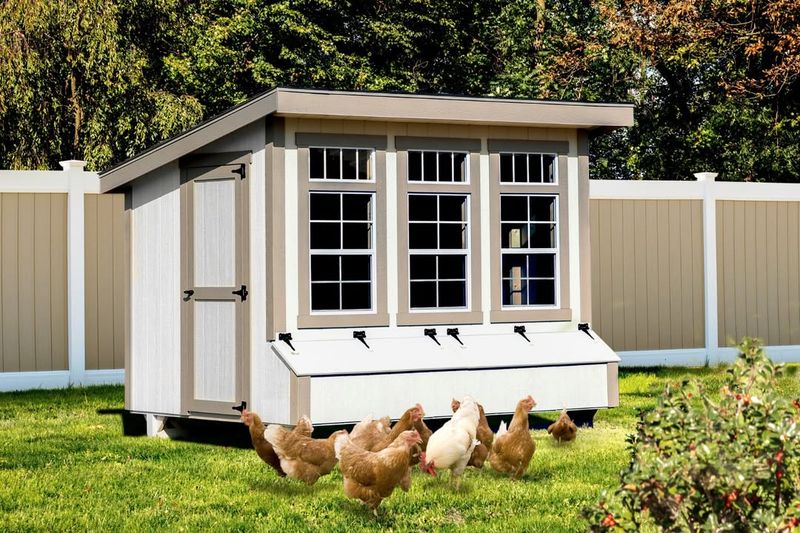
Backyard chickens are facing new restrictions despite their popularity. Fresh eggs appeal to many homeowners, but neighbors often complain about noise, odors, and rodent attraction. Georgia subdivisions are weighing individual property rights against community comfort and sanitation standards.
Roosters are particularly problematic with their early morning crowing. Even hens create sounds that bother nearby residents trying to enjoy peaceful mornings.
Predators attracted to coops can also threaten household pets. More neighborhoods are updating covenants to prohibit all poultry, regardless of coop quality or owner intentions.
7. Permanent Basketball Hoops On Streets
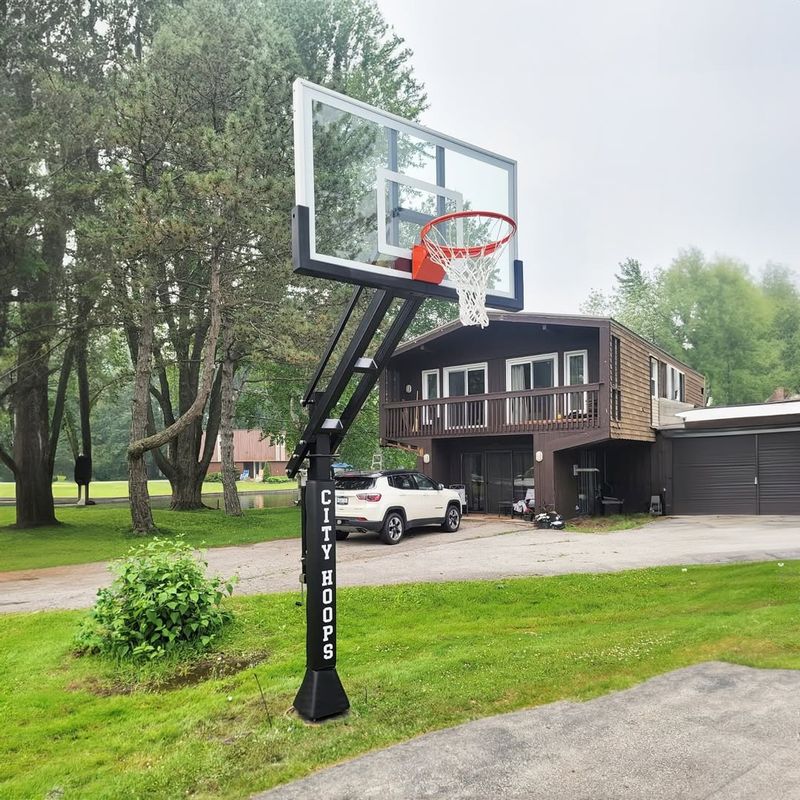
Street basketball hoops are rolling toward restrictions. Portable and permanent hoops placed near curbs create traffic hazards and noise complaints. Georgia communities report issues with teenagers gathering late at night, and balls constantly bouncing into neighboring yards or damaging vehicles.
Liability concerns are pushing associations to act. When kids play in streets, accident risks increase dramatically for everyone.
Some neighborhoods now require hoops to be positioned completely within property lines, away from roads. Others ban them from front areas entirely, suggesting backyard courts as safer alternatives.
8. Decorative Yard Statues And Large Ornaments
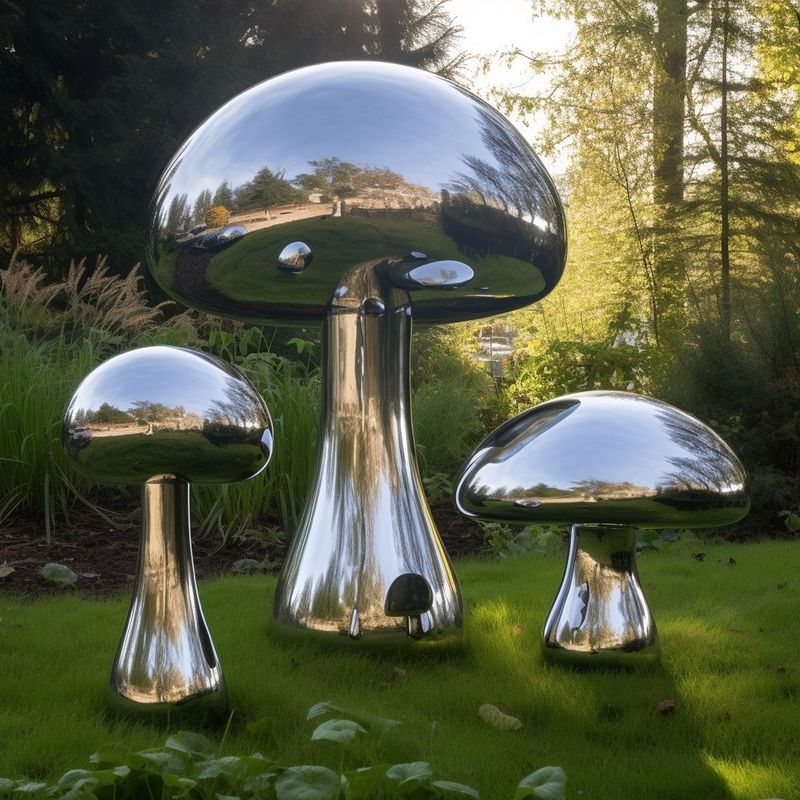
Oversized lawn decorations are losing ground in Georgia neighborhoods. Pink flamingos, giant gnomes, and elaborate statuary collections clash with community aesthetic goals. Homeowner associations increasingly view these items as tacky distractions that diminish surrounding property values and neighborhood prestige.
Holiday decorations get temporary passes, but year-round displays face stricter rules. Some communities now specify maximum sizes, quantities, and approved styles for yard ornaments.
The trend reflects desires for sophisticated, cohesive neighborhood appearances. Tasteful landscaping with plants and subtle lighting is becoming the expected standard across Georgia’s more exclusive residential developments.

